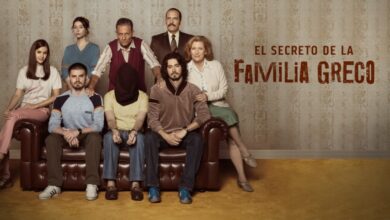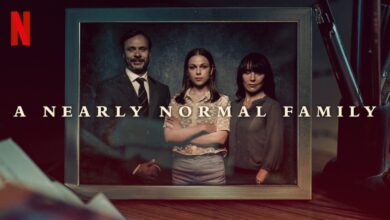Those About to Die TV Series Review: A Little Game of Thrones Set in Ancient Rome?
Cast: Anthony Hopkins, Dimitri Leonidas, Jojo Macari, Gabriella Pession, Iwan Rheon, Sara Martins, Moe Hashim, Tom Hughes, Daniel Stisen
Director: Roland Emmerich, Marco Kreuzpaintner
Streaming Platform: Peacock in USA (Prime Video – worldwide)
Filmyhype.com Ratings: 3.5/5 (three and a half stars)
Since July 18th, the entire first – and only? season of Those About to Die, a TV series directed by Roland Emmerich and featuring an ensemble cast led by Sir Anthony Hopkins. The series premiered at Peacock and can also be viewed on Prime Video worldwide, even if the protagonist is Iwan Rheon, the legendary villain Ramsay Bolton from Game of Thrones, in the role of the shady Tenax. And maybe it’s the presence of Rheon, like that of Jóhannes Haukur Jóhannesson (The Mountain from GoT, here in the role of the not-so-big Gladiator Viggo), but also a bit of the image and the music of the opening theme, but more than once we had, watching Those About to Die, the impression of being in a sort of Game of Thrones set in ancient Rome. To explain better, follow us in our review, which begins with a spoiler-free plot summary.
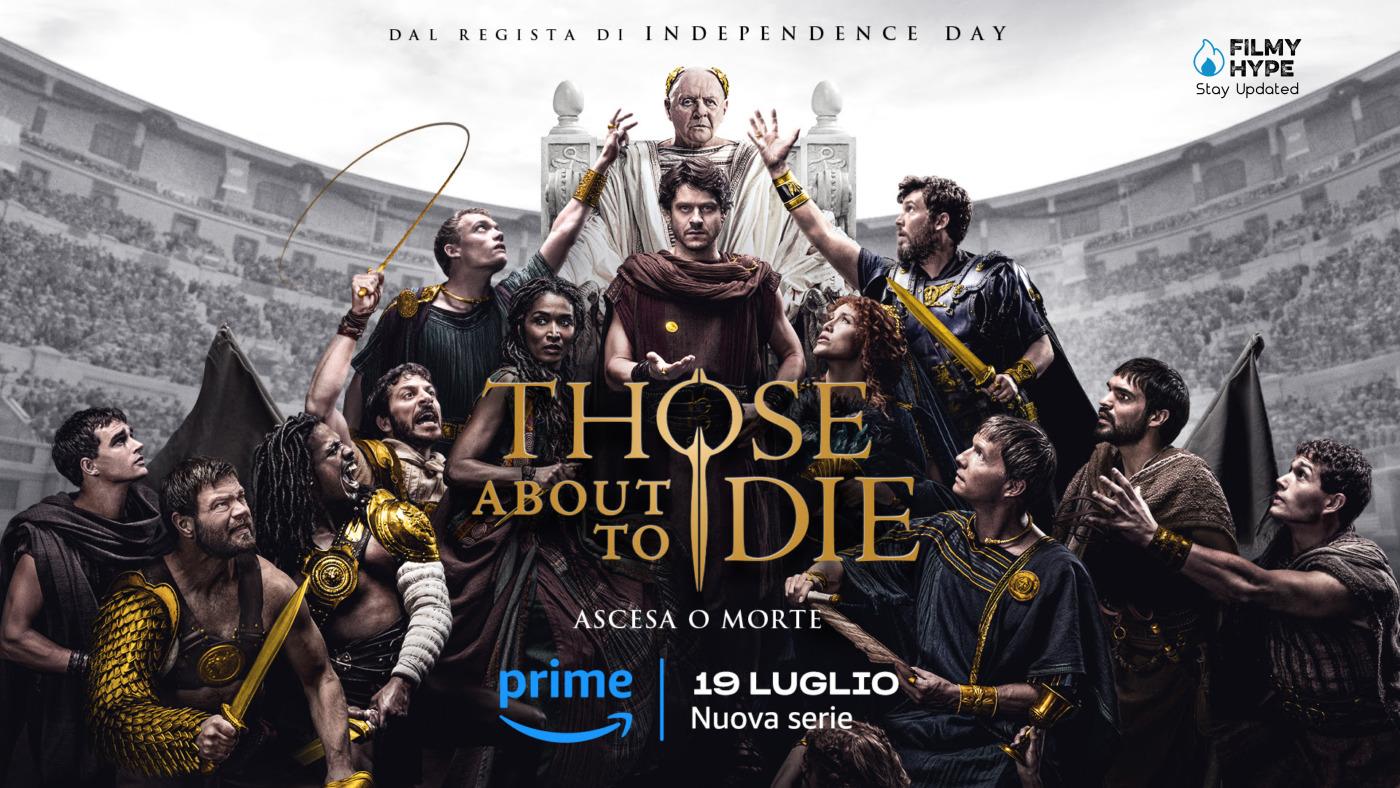
The runaway success of Game of Thrones has inspired a slew of big-budget epics, from Vikings to Rings of Power, but few of them have been able to match its combination of high-octane action and Shakespearean drama. Which clearly aims for an Ancient Rome-meets-Westeros vibe. But it seems to have learned all the wrong lessons from the fantasy series, leaning heavily on violence and nudity and offering mere visual spectacle in place of real human emotion. Created by Robert Rodat and based on the book of the same name by Daniel P. Mannix – which also inspired the screenplay for Ridley Scott’s Gladiator – this epic of swords and scandal reads like a chalice overflowing with wine. As we’ll see in our review of Those About to Die, its torrential and disorienting plot, which mixes intrigue, romance, and betrayal, never manages to achieve emotional depth in its exploration of violence, submission, and ambition.
Those About to Die TV Series Review: The Story Plot
As we were saying, it is Tenax who introduces us to this page of history (widely revisited, and inspired by the novel Those About to Die published in 1958 by Daniel P. Mannix, on which The Gladiator had already been adapted) of imperial Rome at the time of Vespasian (Hopkins). Tenax tells us that that is not his real name, but you will see that as a nickname it suits him perfectly, and he is a bookmaker (and not only) for the races with the chariots drawn by horses that take place at the Circus Maximus. For hundreds of years these horse races have been run by four factions – the blues, the reds, the whites, and the greens – who hold power over the Circus, the horses, the drivers, and everything else, but with the construction of the Flavian Amphitheatre, the Colosseum built by Vespasian himself to donate it to the people of the City, this balance is destined to break. And he would like to take advantage of it, together with his friend Scorpius (Dimitri Leonidas), the strongest charioteer of all, who currently races and wins for the blues.
Throughout the series, we get to know the Roman aristocracy, from Vespasian to his two sons Titus (Tom Hughes), who conquered Judea and their queen Berenice (Lara Wolf), and Domitian (Jojo Macari), from the consul Marsus (Rupert Penry-Jones) to his wife Antonia (Gabriella Pession). But among the prominent characters, some live in the lower rungs of society: like Cala (Sara Martins-Court) and her three children Kwame (Moe Hashim), Aura (Kyshan Wilson), and Jula (Alice Ann Edogamhe), or like the stableman Gavros (David Wurawa) and the three Spanish horse breeders Andria (Eneko Sagardoy), Elia (Gonçalo Almeida) and Fonsoa (Pepe Barroso).
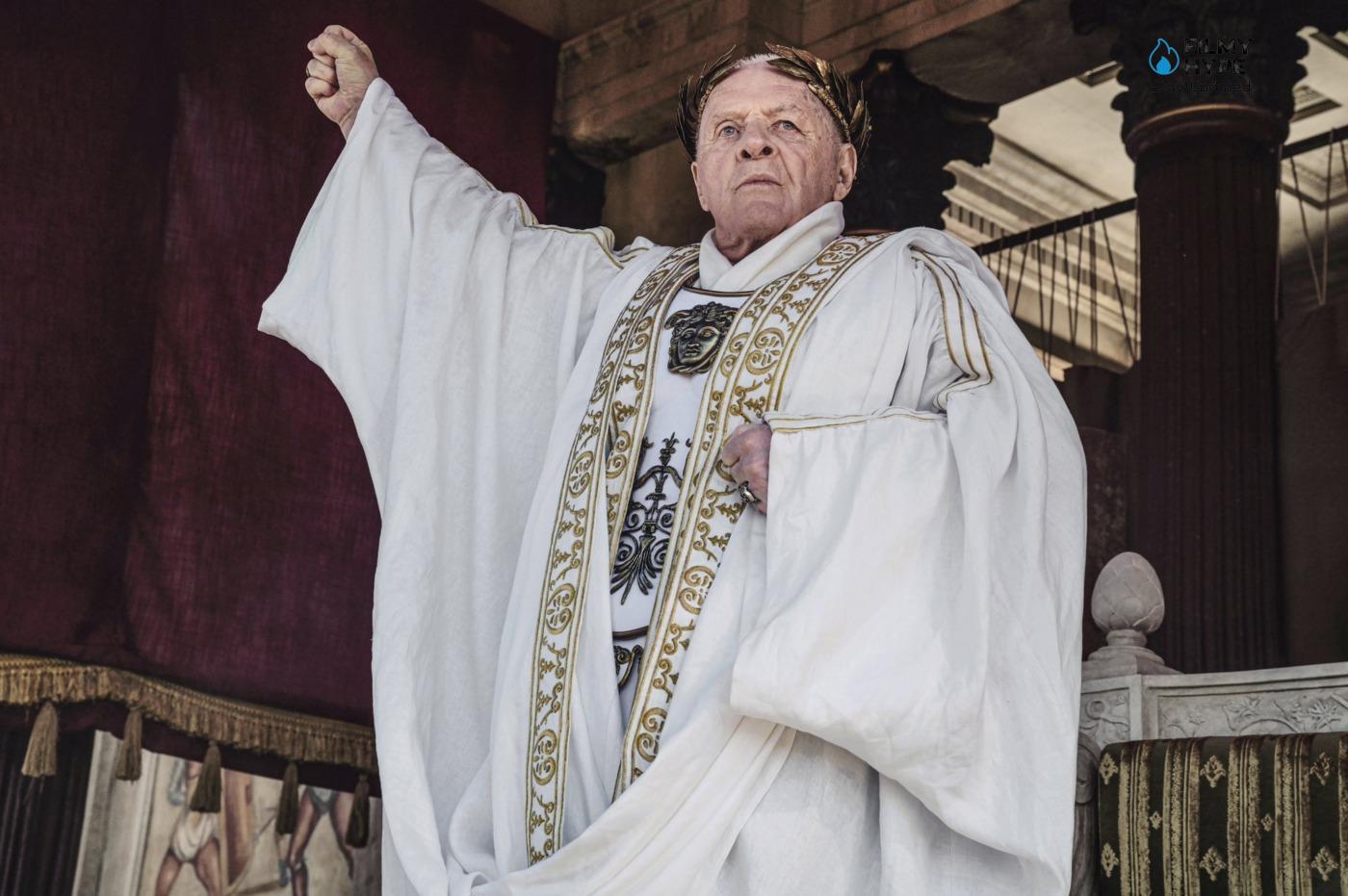
The story begins in the twilight years of Emperor Vespasian (Anthony Hopkins), who, sensing the end of his life and reign, ponders which of his two sons to name his heir: the military commander Titus (Tom Hughes), recently returned triumphant from the roundup of Jerusalem, or the meandering politician Domitian (Jojo Macari). As Vespasian ponders his succession, enslaved Jews build what will prove to be the emperor’s most enduring legacy: the Flavian Amphitheater, better known as the Colosseum, built by Vespasian to elevate Rome and return it to its people. For now, as the amphitheater rises to the heavens, the capital’s ruling class controls public entertainment through the Circus Maximus, a stadium where huge, eager crowds cheer and bet on charioteers and fighters. The Empire is in the throes of civil war and rebellion in Judea, its grain supplies are running low, and the people’s hunger for food is turning to revolt.
Rome’s rulers turn to entertainment to pacify their citizens, eventually enlisting Tenax (Iwan Rheon), the rare self-made man who has worked his way into the city’s elite, to orchestrate arena spectacles for the public. A handful of patricians own Rome’s four chariot teams, including Antonia (Gabriella Pession) and her husband Marsus (Rupert Penry-Jones), who use their profits and political power with unflinching brutality. The Circus Maximus’ role as an escape route for the poor population and a source of social opportunity emerges. Here, outsiders can rise through the ranks, such as Andria (Eneko Sagardoy), Fonsoa (Pepe Barroso), and Elia (Gonçalo Almeida), amiable brothers who come from Spain to sell their formidable horses. The trio ends up in the stables of Scorpus (Dimitri Leonidas), a cocky playboy who refers to himself in the third person, a habit made all the more charming by Leonidas’ charisma.
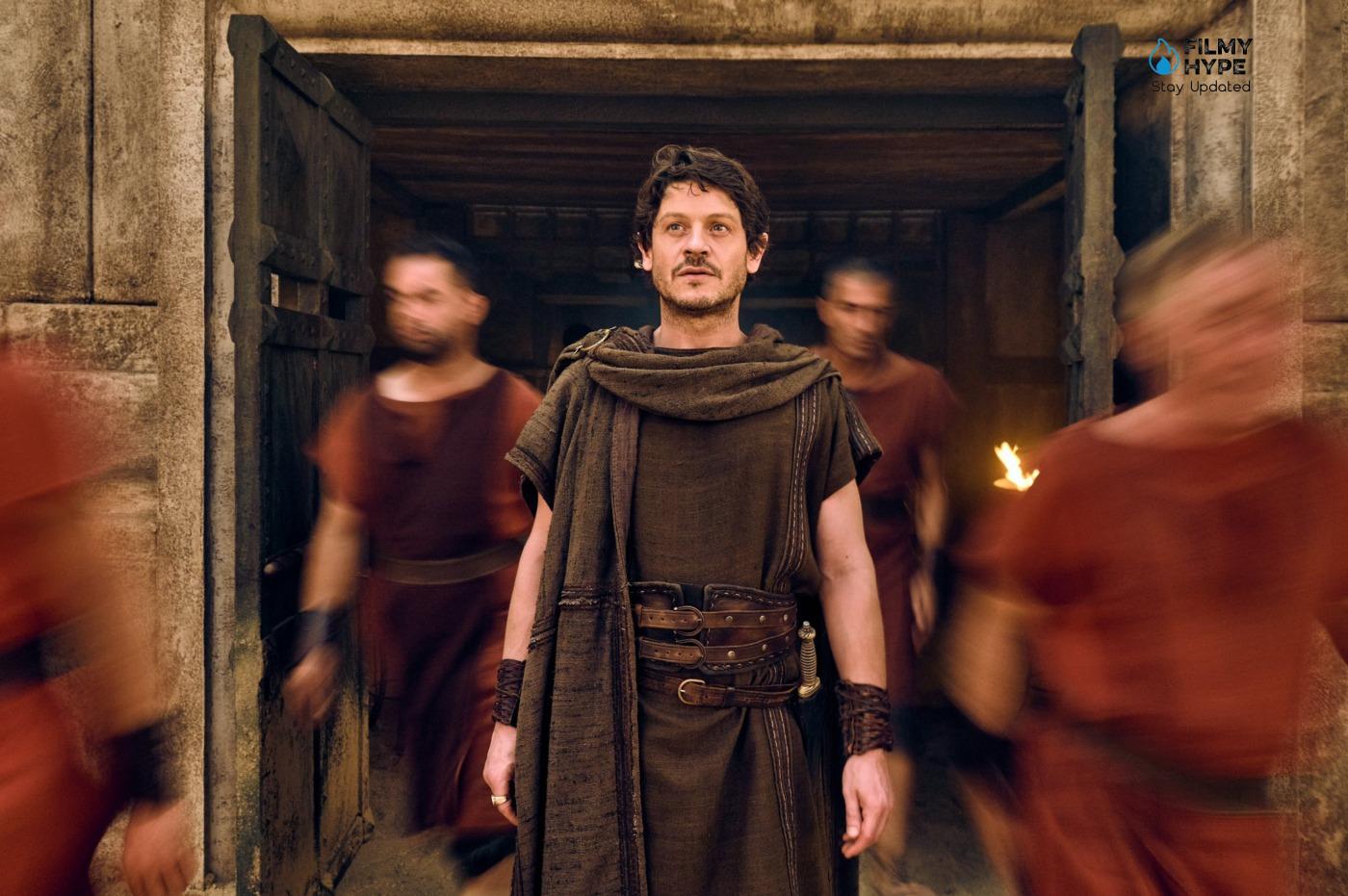
Scorpus has faced many hardships to gain acceptance in Rome, and when a series of events causes his fortunes to collapse, we discover that, like many around him, he has created a proud persona to hide a deep vulnerability. The action sequences are truly enthralling, with chariot races and Gladiatorial battles that will make your wrists tremble. But when the action dies down, we’re left with bits borrowed from other TV shows and better movies. The story of Vespasian choosing between his children has been done before, from King Lear to Succession. His son Domitian is a weak copy of Gladiator‘s Commodus, and the manipulative Antonia (Gabriella Pession) is a clone of Cersei Lannister. Capturing the magic that made Game of Thrones a smash hit is no easy task, but Those About to Die has much more to do to entertain the masses.
Those About to Die TV Series Review and Analysis
We could have cited Rome or Spartacus, certainly more similar in setting and themes, but as mentioned Those About to Die reminded us of a sort of Latin Game of Thrones. On a smaller scale, of course: because here the real throne is only one and the contenders for the succession are two (and a quick review of the school history textbook is enough to know how Vespasian’s succession between Titus and Domitian will go), while the focus is on less epic and more in a certain sense sporting power game. However, in addition to the presence of Rheon, the solemnity of the speeches, the machinations of the protagonists, the blood that flows abundantly together with other bodily fluids, and also the frequent brothel-like nudity has inevitably brought to mind the first seasons of Game of Thrones. However, we are not exactly at the same levels as then, here at Those About to Die. The writing sometimes leaves something to be desired, and let’s not talk about historical accuracy because if you want a series about Ancient Rome that is fully respectful of History you should watch the fantastic Romulus: here, instead, the problem is represented by often predictable and obvious twists.
Then we must also recognize the merits of this series: starting with the female characters of Antonia, Cala, and Berenice, who have already made us fall in love with their intelligence and determination, as well as their beauty. Of course, Hopkins’ interpretation is majestic, well supported by his two “children”, so different and so similar in their ambitions. Finally, we must recognize Rheon’s particular talent in giving life to characters that make you get goosebumps just watching their facial expressions change. In short, Those About to Die is certainly not a series to throw in the trash and carefully avoid, but it was legitimate to expect something more from Emmerich and from a production that cost something like 140 million dollars. If you are eagerly awaiting Gladiator 2, however, you absolutely cannot miss it.
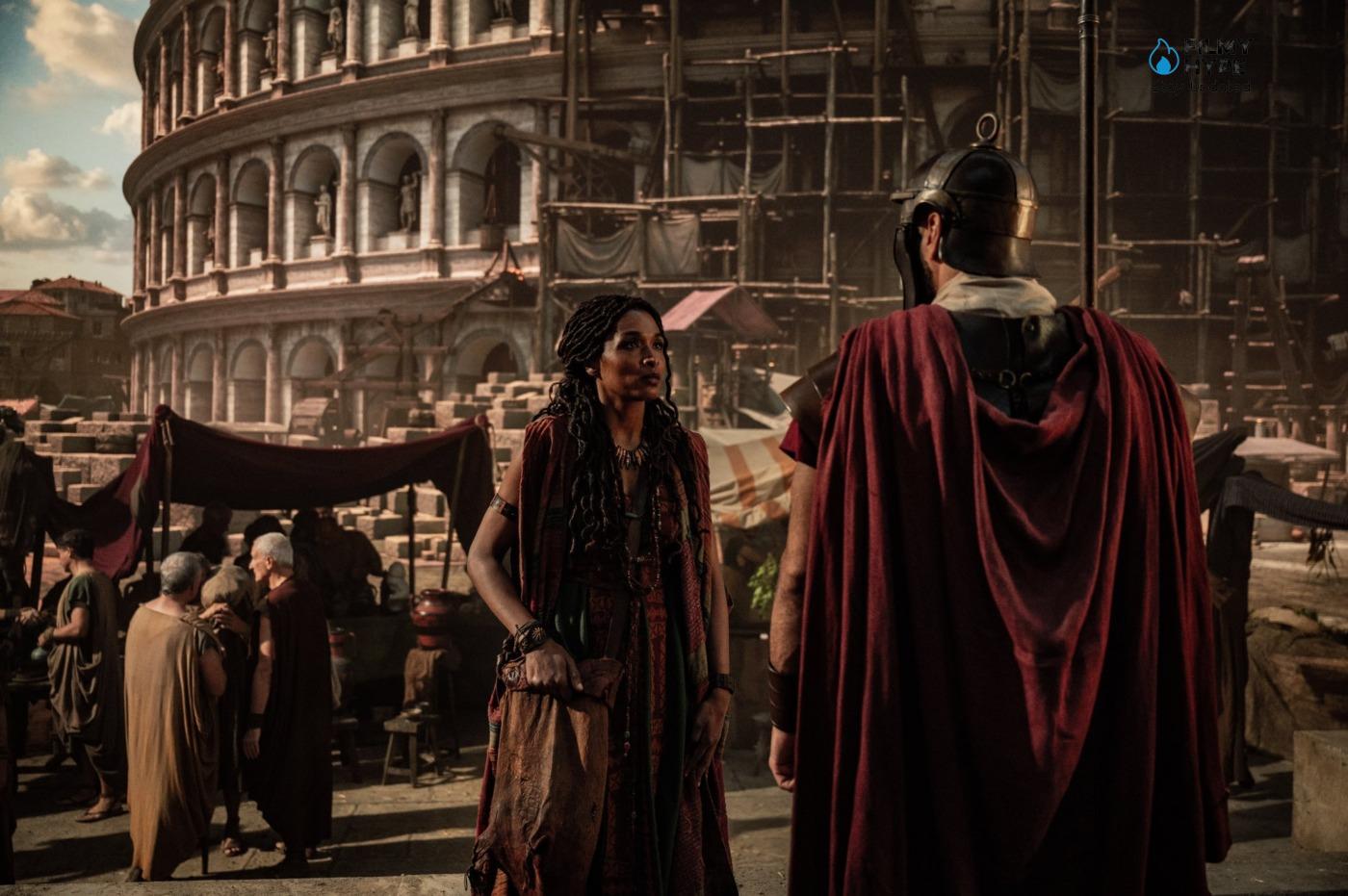
There are many narrative levels: the story of the slaves who are trained to fight in the arena as Gladiators, the (true) story of the emperor Vespasian and his sons, of the wars and the celebration of the destruction of Jerusalem, the events that revolve around the world of racing and betting, with the astute businessman Tenax who slowly puts into action his plan to acquire more and more wealth and power. And then, of course, there are the women: the powerful, rich, and ruthless women (like Antonia, played by Gabriella Pession), the “Queen Judea” (Berenice, played by Lara Wolf) who tries to obtain clemency for her people, brought to Rome to build the Colosseum after the defeat in the first Jewish war, the young girls sold as slaves and ended up in the city’s brothels or the homes of the patricians.
Rome is eternal, yes. It represented a crossroads of cultures and lives lived with a simple discriminant: what one possessed, including one’s name. While consuls and emperors allow themselves to throw away unfinished fruit, the people are dying of hunger. A mother (Cala, Sara Martins) tries to save her three children, all sold as slaves. Domitian, a skilled politician, plots to get rid of his hated older brother, General Titus, who refuses to obey his father’s orders by sending Queen Judea away. Domiziano is clever with words, he manipulates his many young lovers, and he always gets what he wants. He also goes into business with Tenax, but he won’t be the only one. In a world of corruption, injustice, and law “mors tua, vita mea”, Those About to Die builds a narrative microcosm between loves, betrayals, aspirations, dreams of a better life, murders, and spies hidden everywhere, always ready to change “master” by selling themselves to the highest bidder.
Roland Emmerich directs and produces the series. The director is known as the “Master of Disaster” for having directed films such as Independence Day, Godzilla, The Day After Tomorrow, 2012, and White House Down in which the destruction of entire cities (or worse) was part of the story, does not have much left to destroy in Rome: Nero, when the story of the series begins, had already set it on fire. Vespasian’s reign, as we have seen, was a reign of prosperity and rebirth, but this does not take away the fact that from a moral point of view, with today’s eyes, it was still hell for anyone who did not find himself in a privileged position by birth (or by cunning). The technical quality of Those About to Die is impressive: photography, sets, editing, effects, costumes: everything is made with great care, with an evident display of means without limitations. The character of Tenax, an actor who has indelibly marked the collective memory with the cruelty of his most famous character, is instead presented this time as an ambitious man who tries to buy what by birthright does not belong to him.
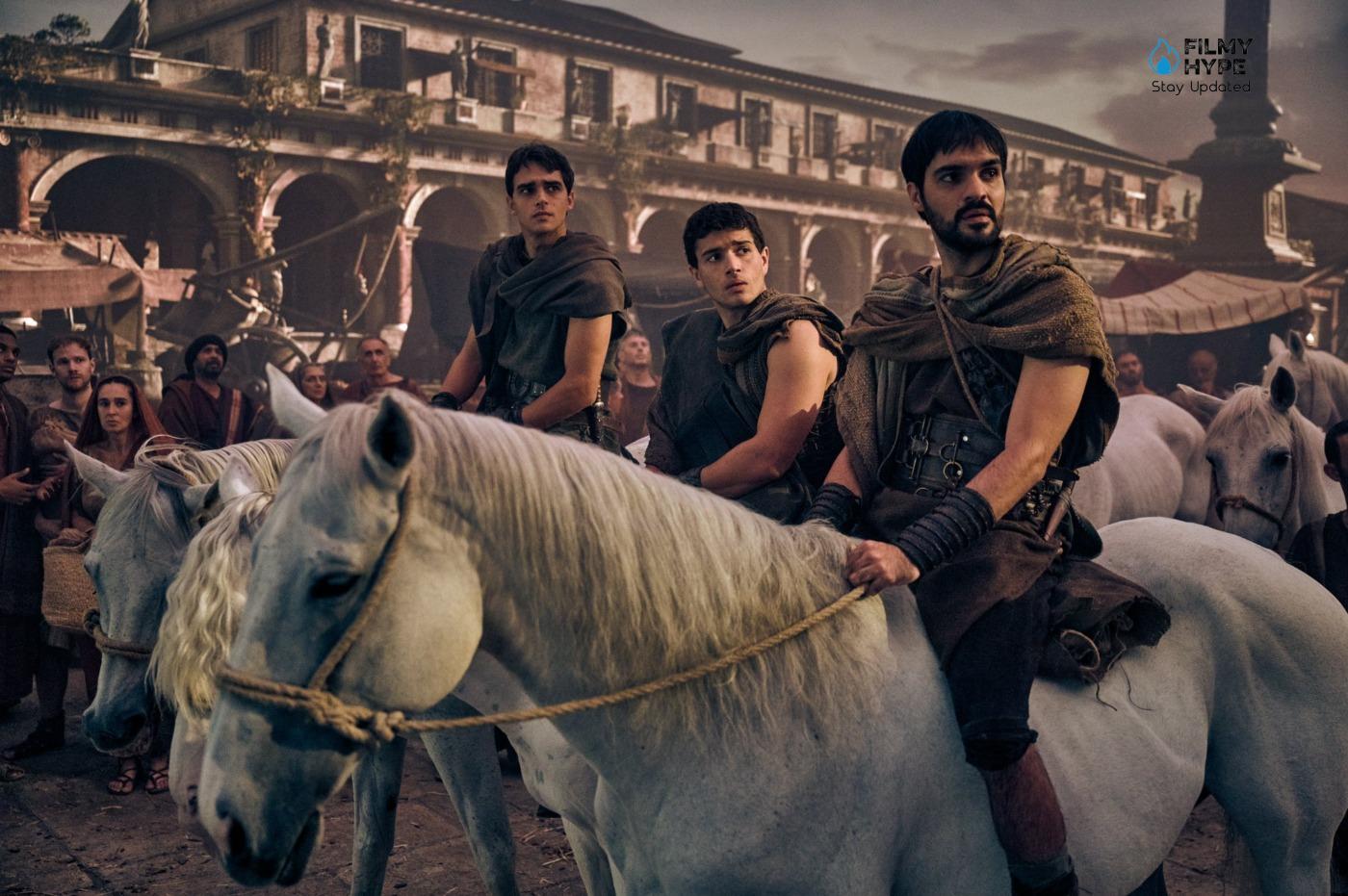
His friendship with Scorpo guides his decisions, but we quickly understand that Tenax was chosen as narrator because he is a person of his time: without scruples. The series is prohibited for minors under 18 years of age with the warning of sexual and especially violent content (which does not spare even the youngest characters. The first episode is dedicated to the memory of Gianluca Bombardone, the Italian cinematographer who was also working on the series, filmed in Cinecittà with the participation of numerous Italian actors. And so Emmerich bases this narrative framework on a lively direction, even frivolous when it comes to characterizing the characters. This makes Those About to Die a show with a wild pace, something that we are almost no longer used to seeing in contemporary “adult” series. The effect is objectively alienating, especially in the first episode, while the second episode contains some ideas and a couple of moments that make it more interesting.
Overall, however, the show offers too little dramatic quality to be fully convincing: since what matters most seems to be the pace of the story and the spectacle of the action scenes, the actors are assigned roles that are difficult to characterize substantially in the face of such a whirlwind of actions and events. So the only one with whom you can get a little in tune, maybe even feel a certain empathy, is Tenax played with panache by Iwan Rheon (Game of Thrones, Vicious), while all the others unravel in a way that is too superficial to enter the public’s good graces. Even a great actor like the two-time Oscar winner Sir Anthony Hopkins, who is also beginning to show signs of weakness due to his advanced age, cannot go beyond an approximate characterization of the emperor who rules Rome and its fate in the first episodes.
For a certain television audience accustomed to the development of characters, situations, and atmospheres capable of engaging, even taking the necessary time during a single episode or even an entire season, Those About to Die is certainly not the type of product we feel like recommending. If instead what you want to get from a show is an hour of entertainment without too many thoughts, focused on the splendor of the distant (and mythologized) setting and on the pace of the exposition that gives no respite to the fury of intrigue, plot twists, and spectacular action, perhaps the series by Rodat and Emmerich could even entertain. Frankly, we didn’t feel a desperate need for another “peplum” series that only works on the surface: it’s undeniable that Emmerich knows how to build his toys by creating a baroque and reckless aesthetic universe, assembled each time by a whirlwind editing.
In the same way, however, the times of Independence Day and especially The Day After Tomorrow – in our opinion his “masterpiece” precisely because it had characters of substance and an effective plot beyond the majesty of the special effects – seem to have passed, and even the filmmaker seems to continue to exploit a trademark that, not supported by the adequate means to express itself to the fullest, shows signs of a certain wear and tear. Indeed, it has already shown them for some time, while Those About to Die simply comes to reiterate it…Meanwhile, Cala (Sara Martins), a talented polyglot, works to free her children from slavery, including her son Kwame (Moe Hashim), who has been drafted into Gladiator combat. Over time, Kwame forms a poignant bond with a warrior named Viggo (Jóhannes Haukur Jóhannesson), and the men mourn their separation from their families, confess their hopes and fears, and prepare for a valiant death, all while the patricians live a life of opulence, burning through unimaginable sums of money.
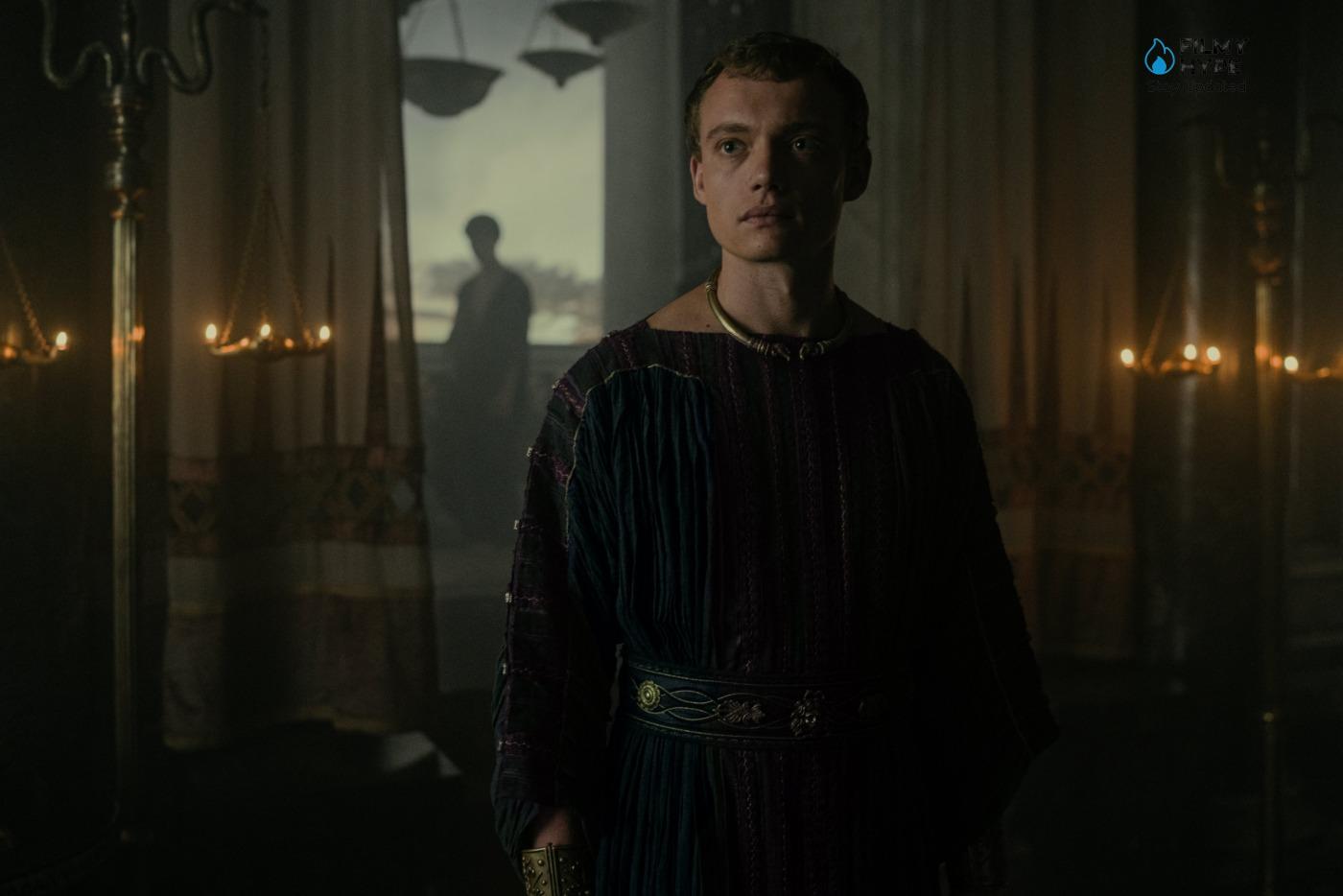
The contrasts in Those About to Die – between disembodied limbs and tangled bodies in an orgy, between a Gladiator savoring what may be his last glass of wine and the elite guzzling booze without a care in the world – vividly shape the cruelty at the heart of the empire. Even Titus, who condemns the wasteful carnage of the arena, can barely contain his excitement when a loser overturns a duel. As he taps the arm of his chair in anticipation of blood and redemption, one wonders: What is a life for the throne? In Those About to Die, it’s about meat thrown on the pyre to make the ravenous crowd roar, a literal and metaphorical periphrasis that sums up the point of this production. Aside from a few thoughtful reflections on power, if you’re looking for the spectacle of ancient Roman violence, rewatch Gladiator to prepare for the sequel. If, on the other hand, you’re interested in the political intrigue that Those About to Die has to offer, House of the Dragon still has three episodes left to air this season.
Those About to Die TV Series Review: The Last Words
We get the vision of a Rome that once again seems to have emerged from American fantasies, rather than from the reality of what the city was at the time of the Emperor known for stinginess and efficiency. The judgment in the end sees the Peacock series go beyond sufficiency, if only for the spectacularity and ambition, but the final result is not what was expected, and in the end, Roland Emmerich’s hand normalizes everything, makes it Hollywood in the most demodé sense of the term. Those About to Die is a melting pot of drama and violence: it attempts to mirror the successful formula of some famous HBO series without ever really finding its own identity.



